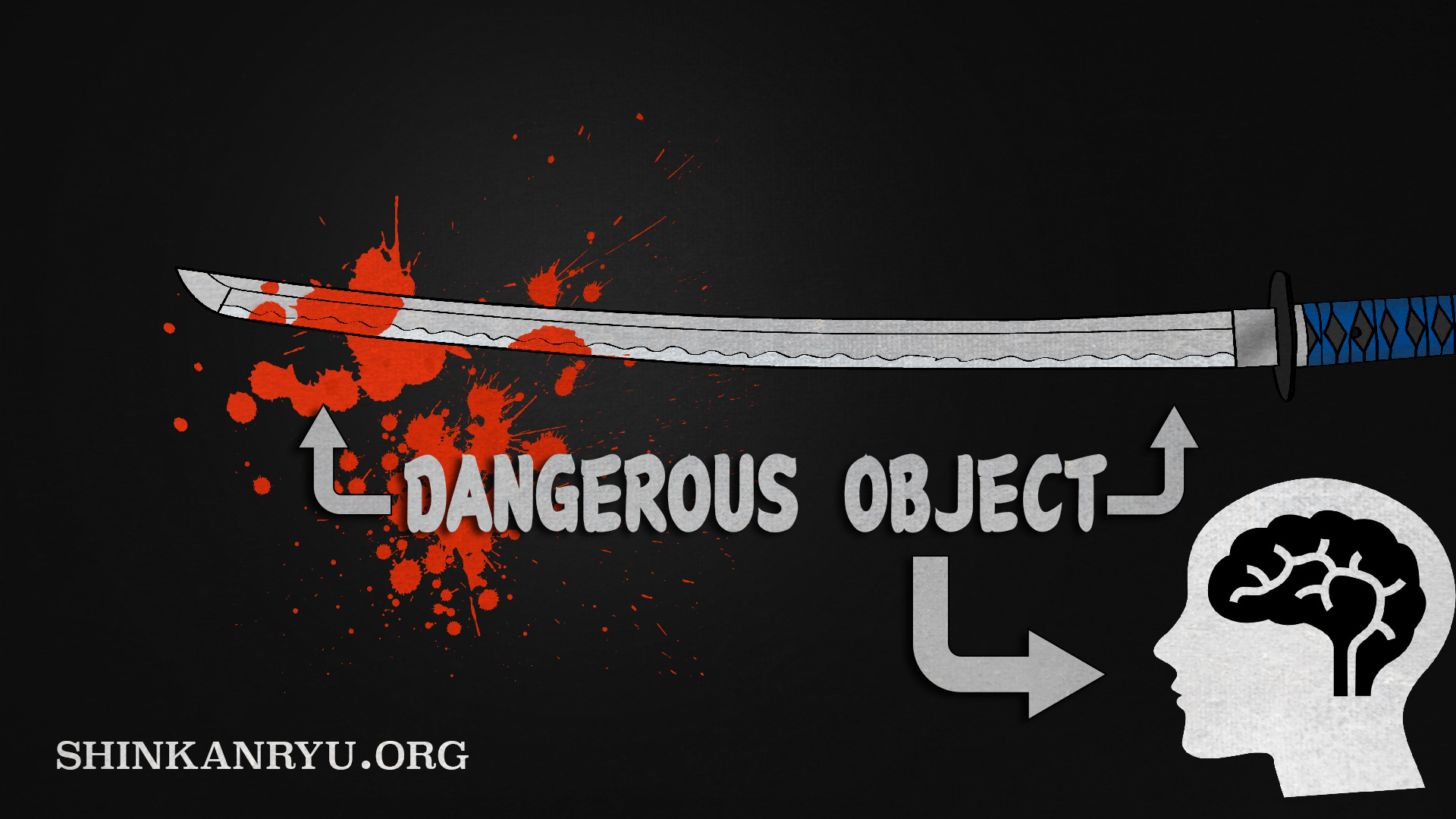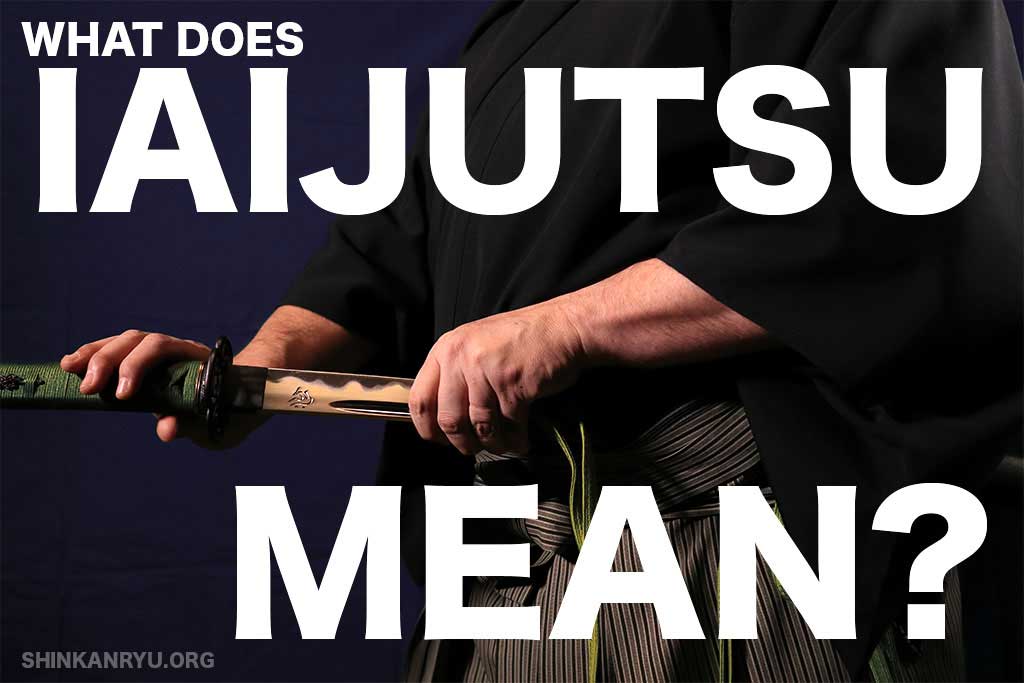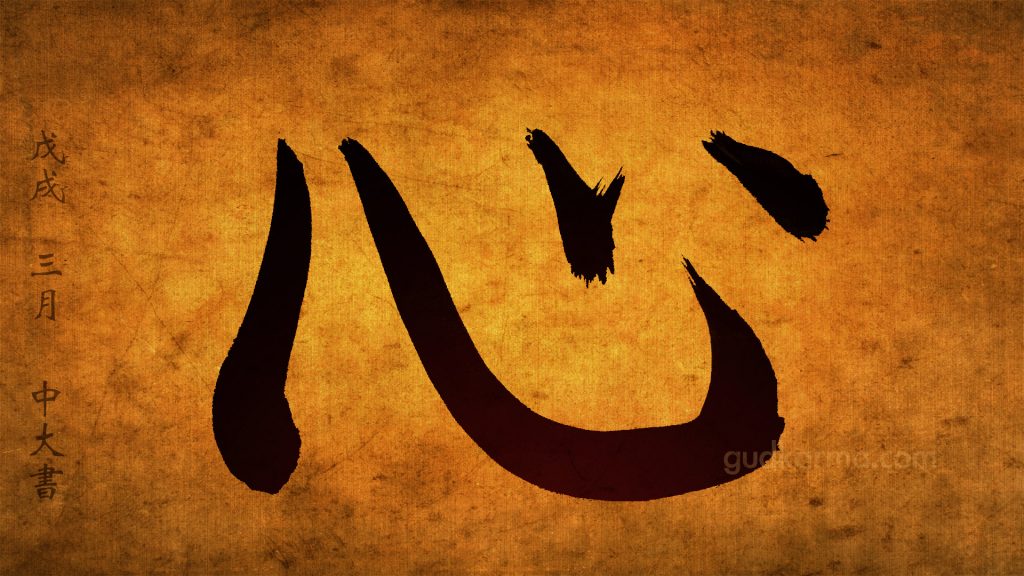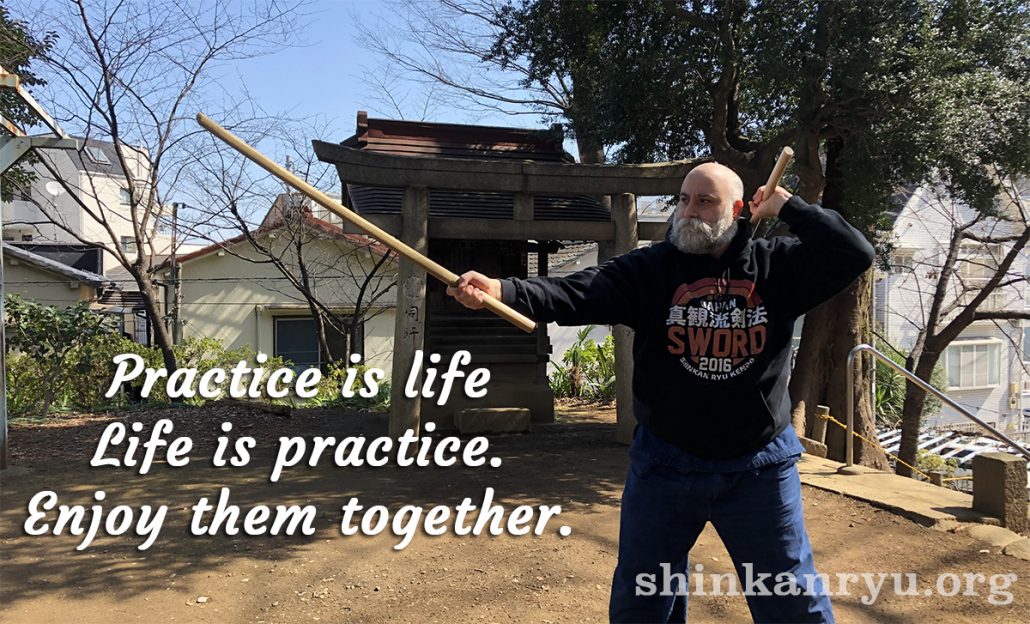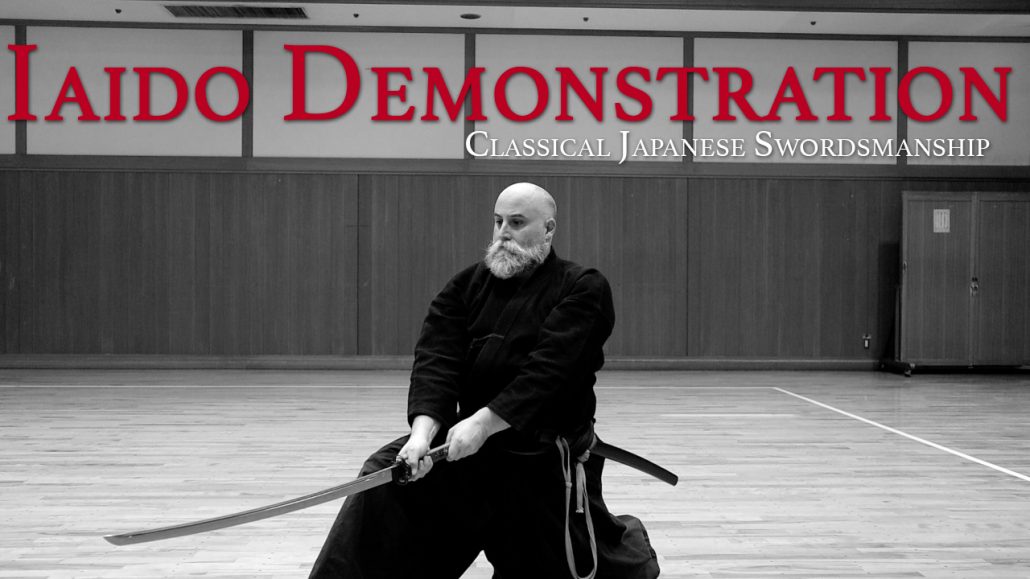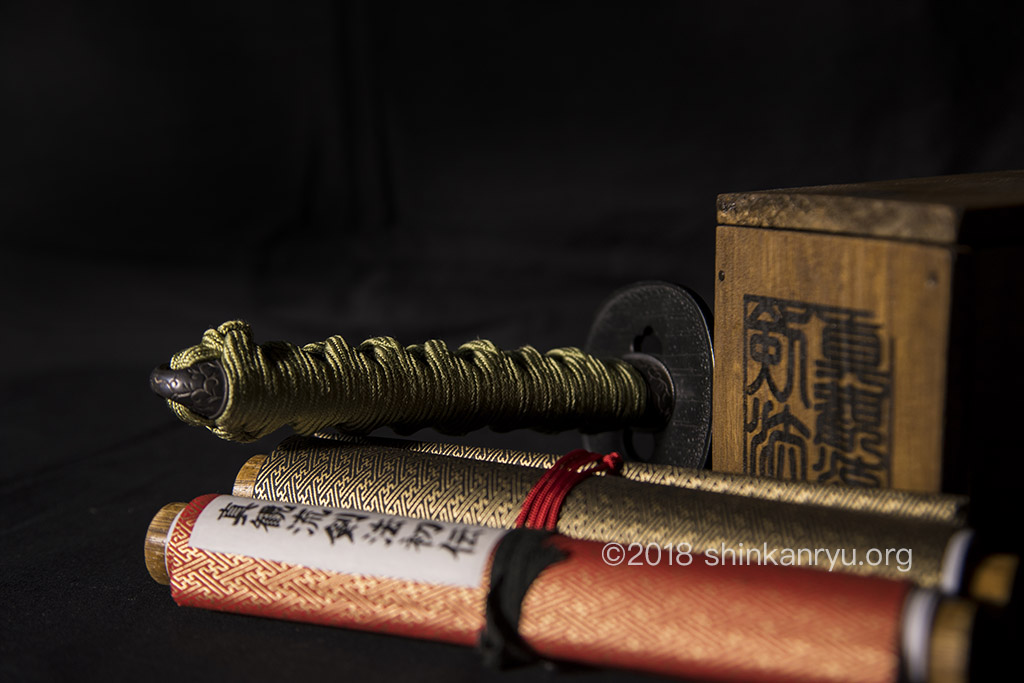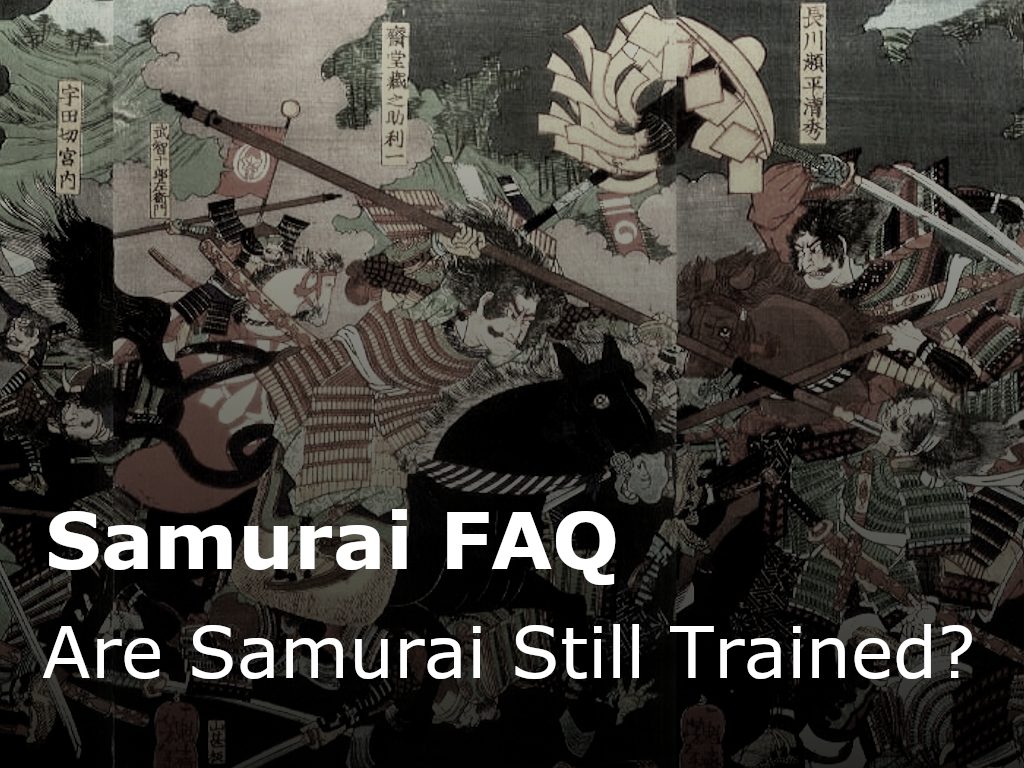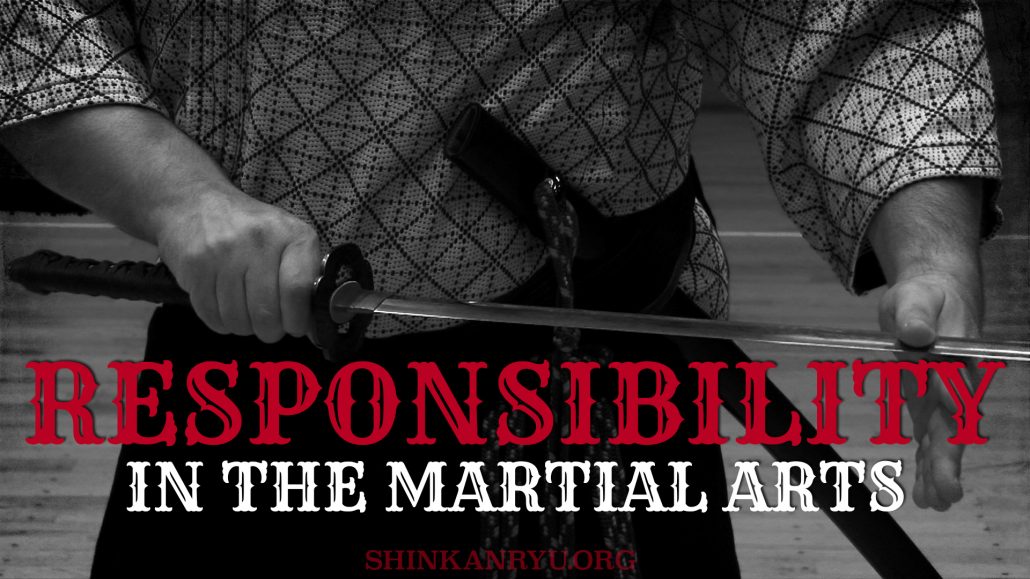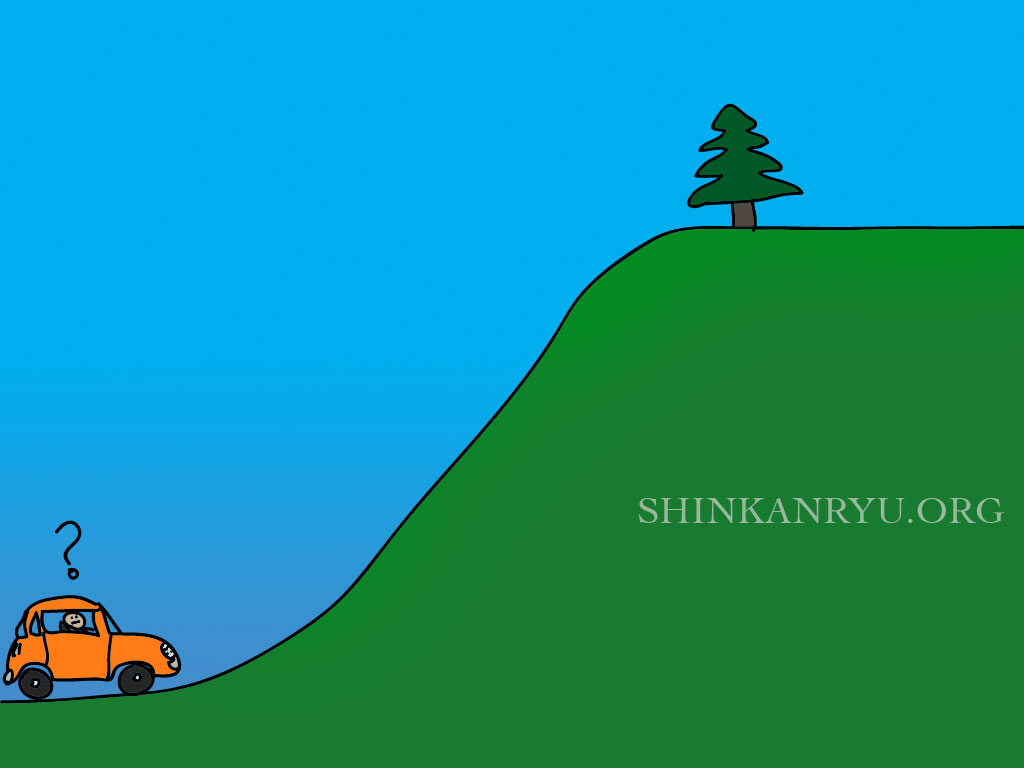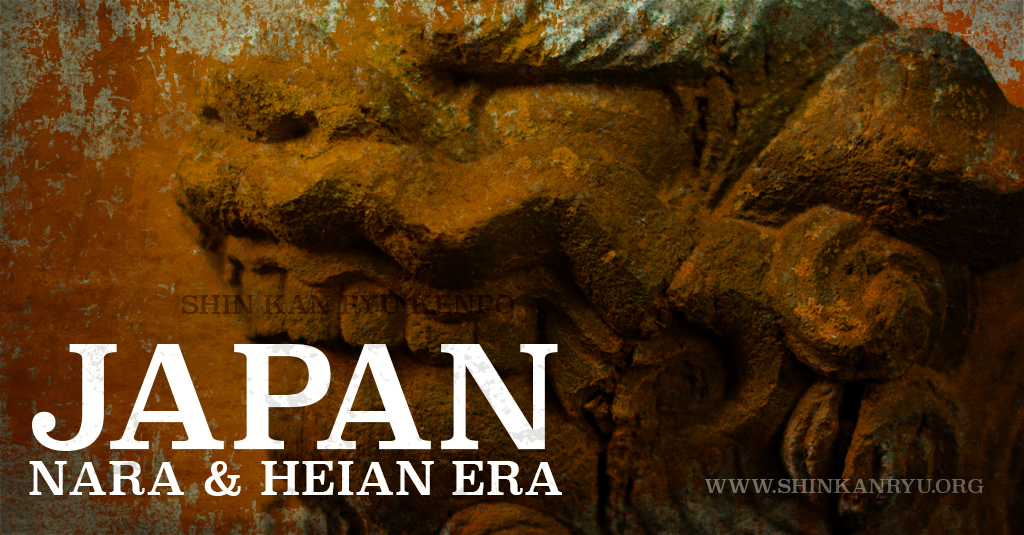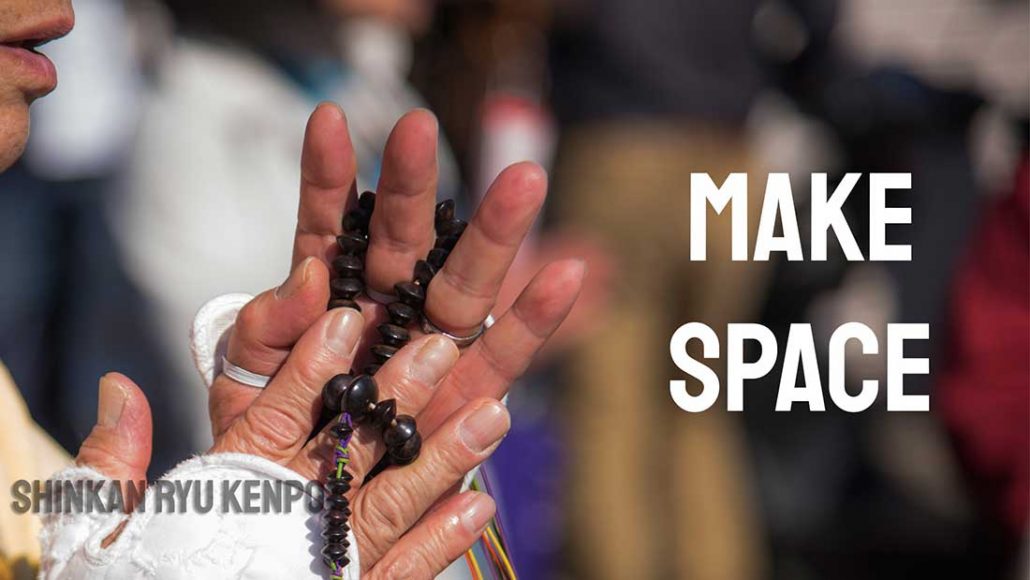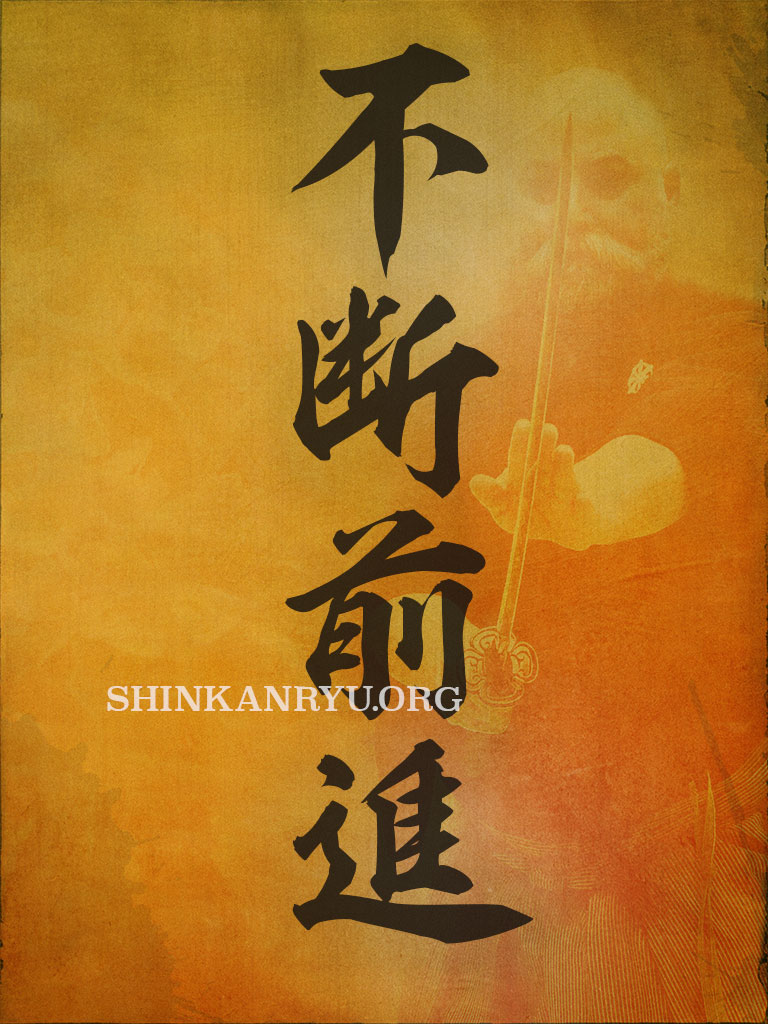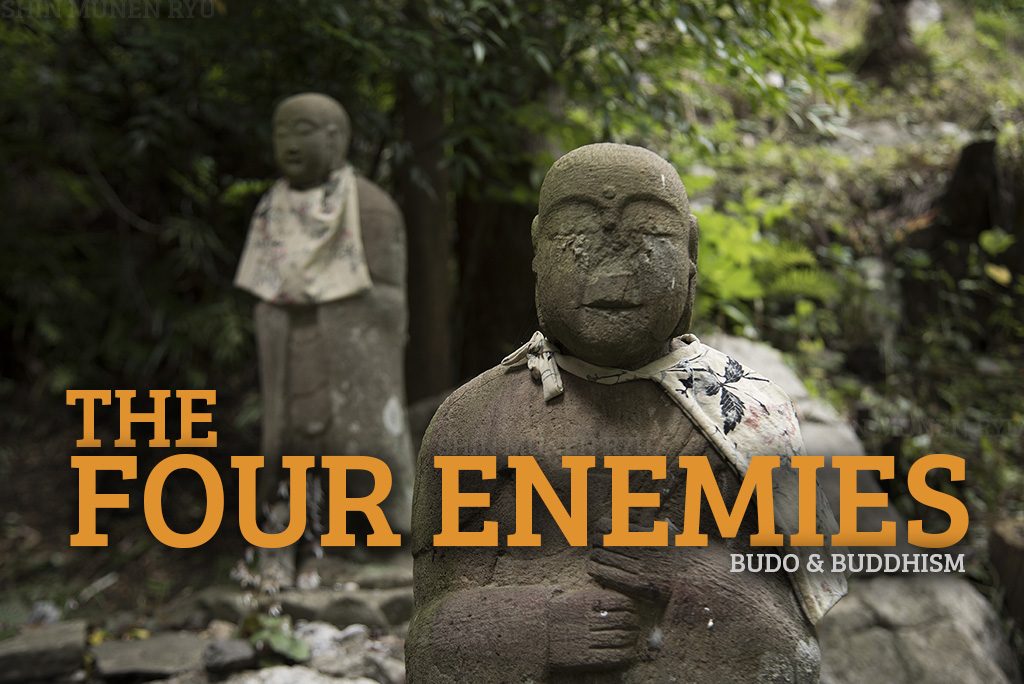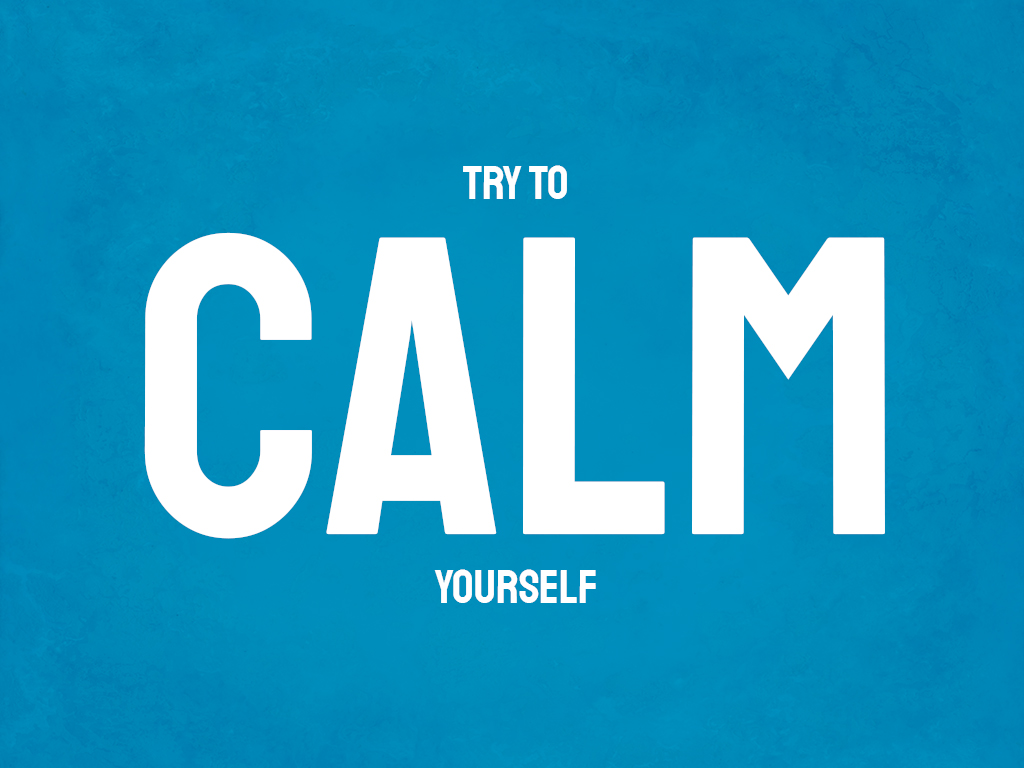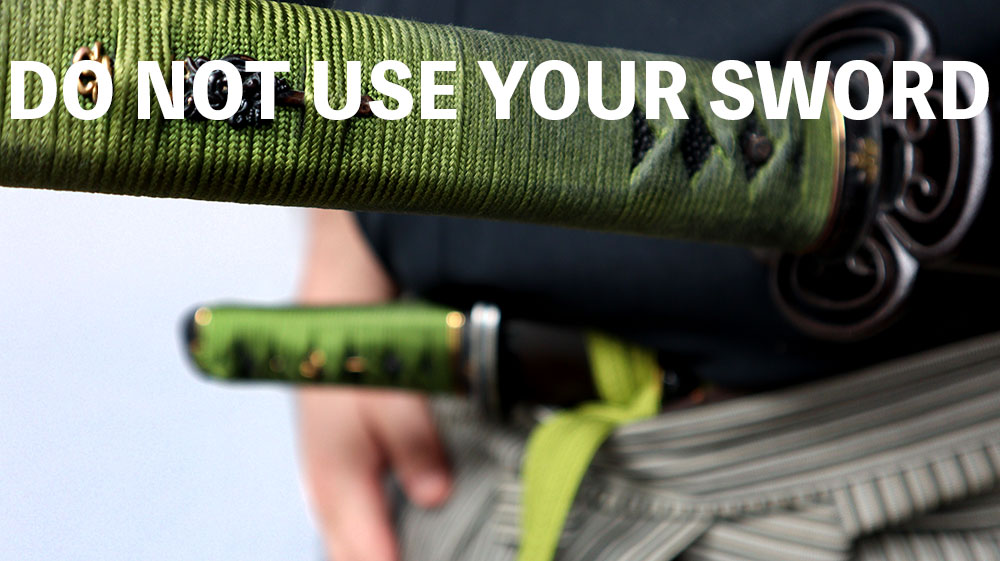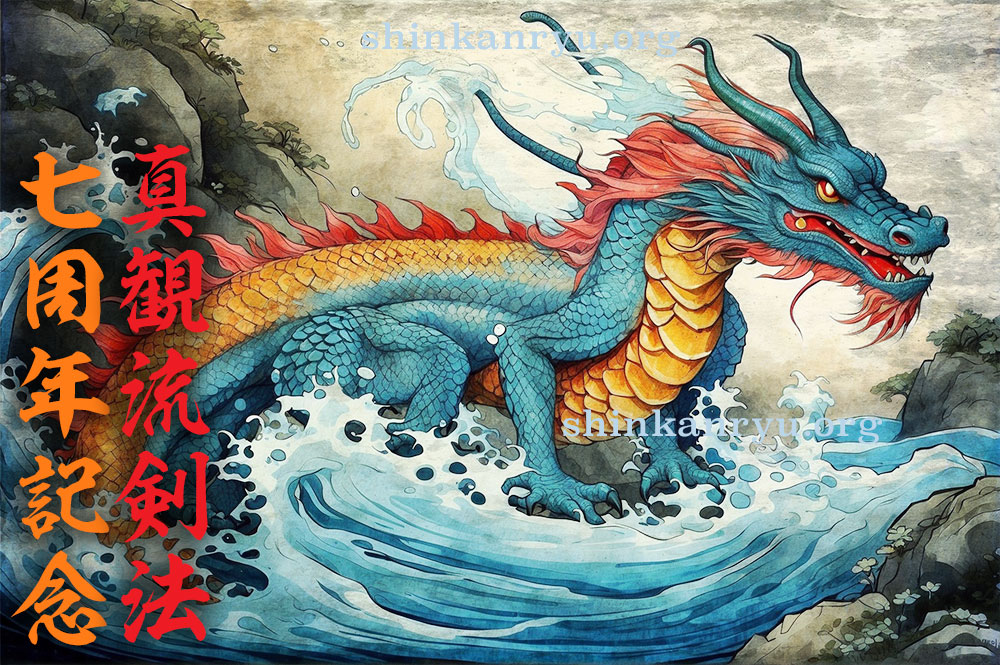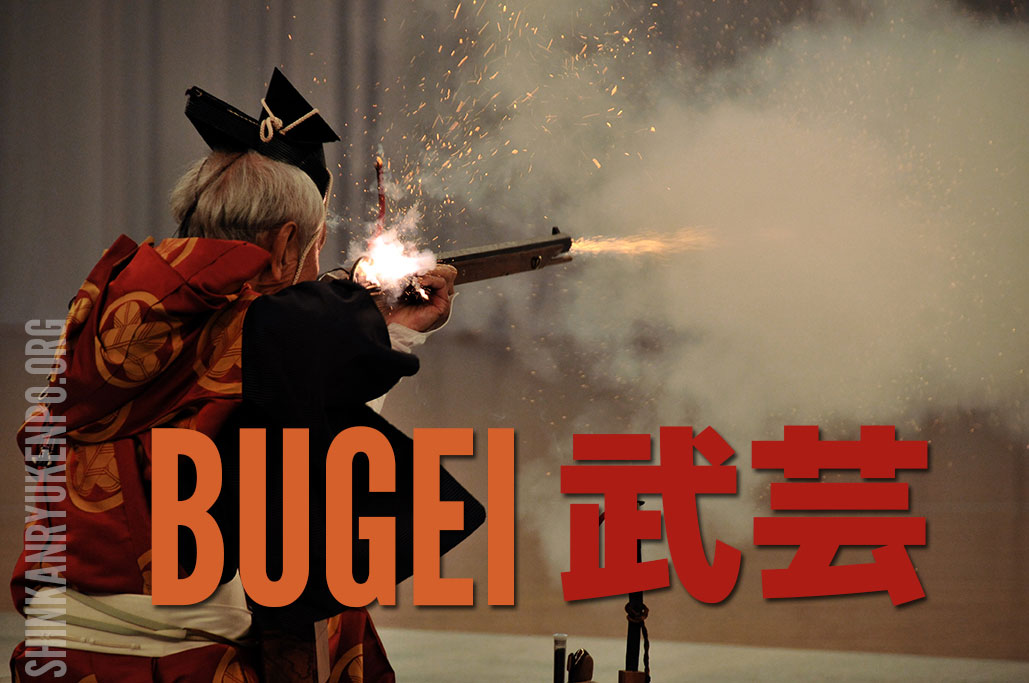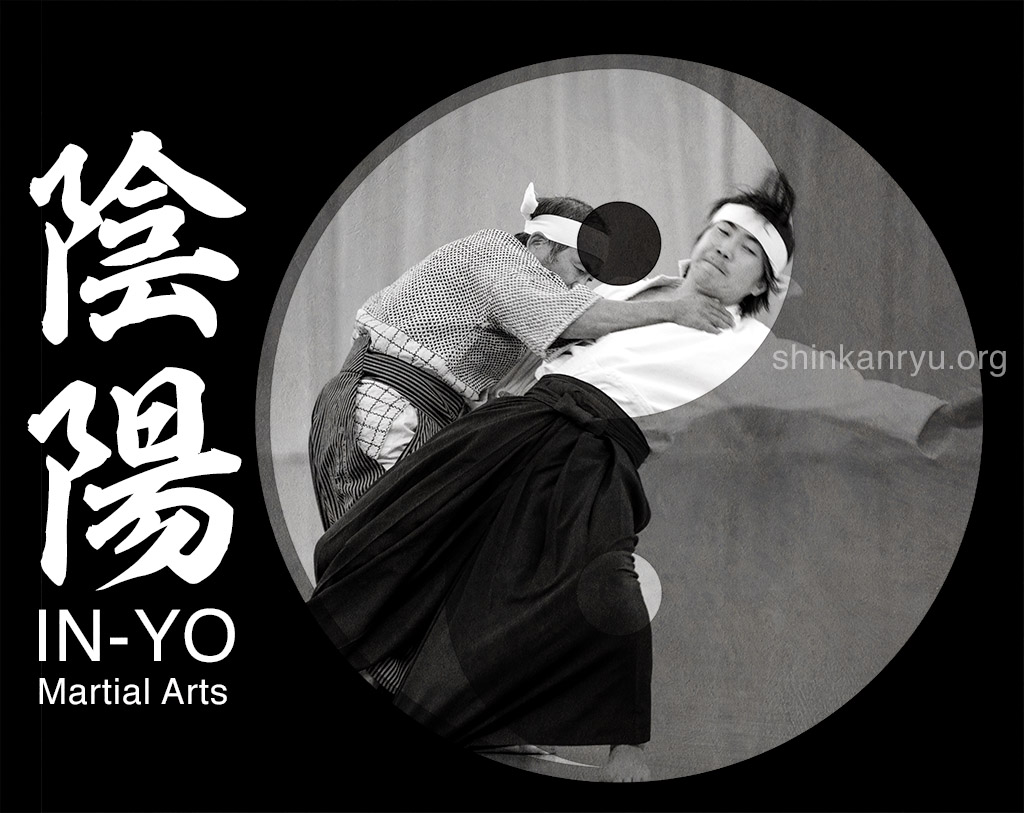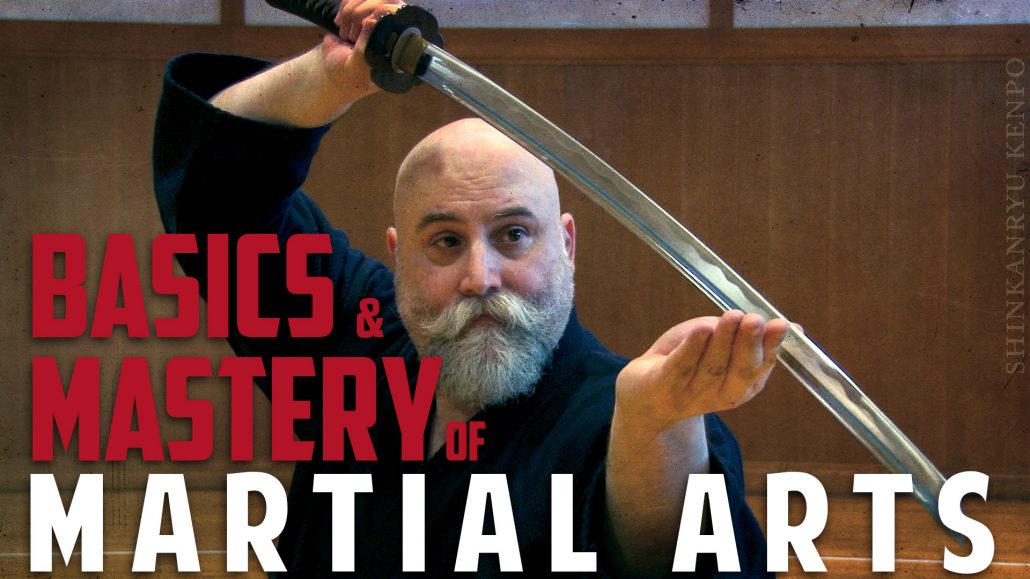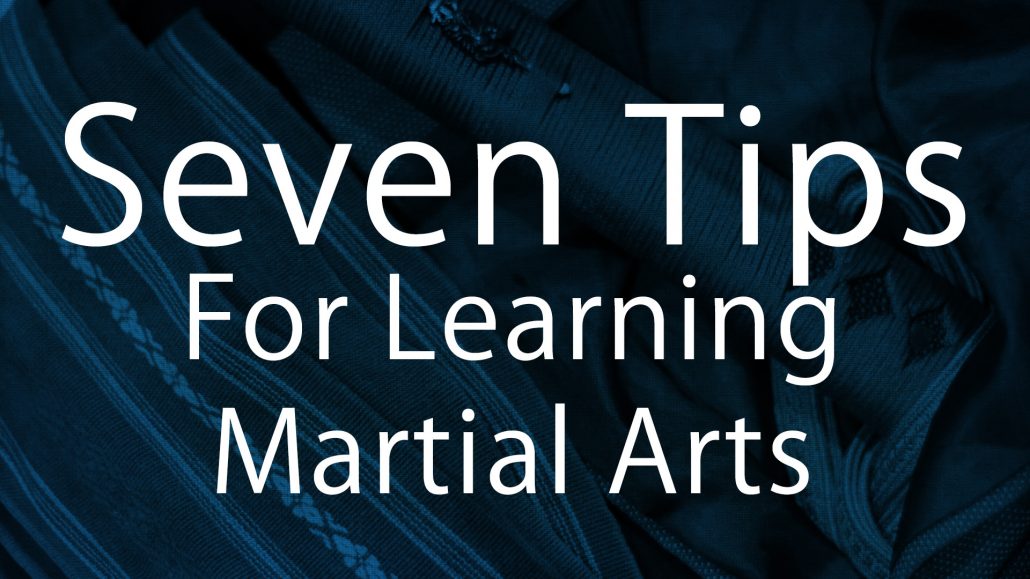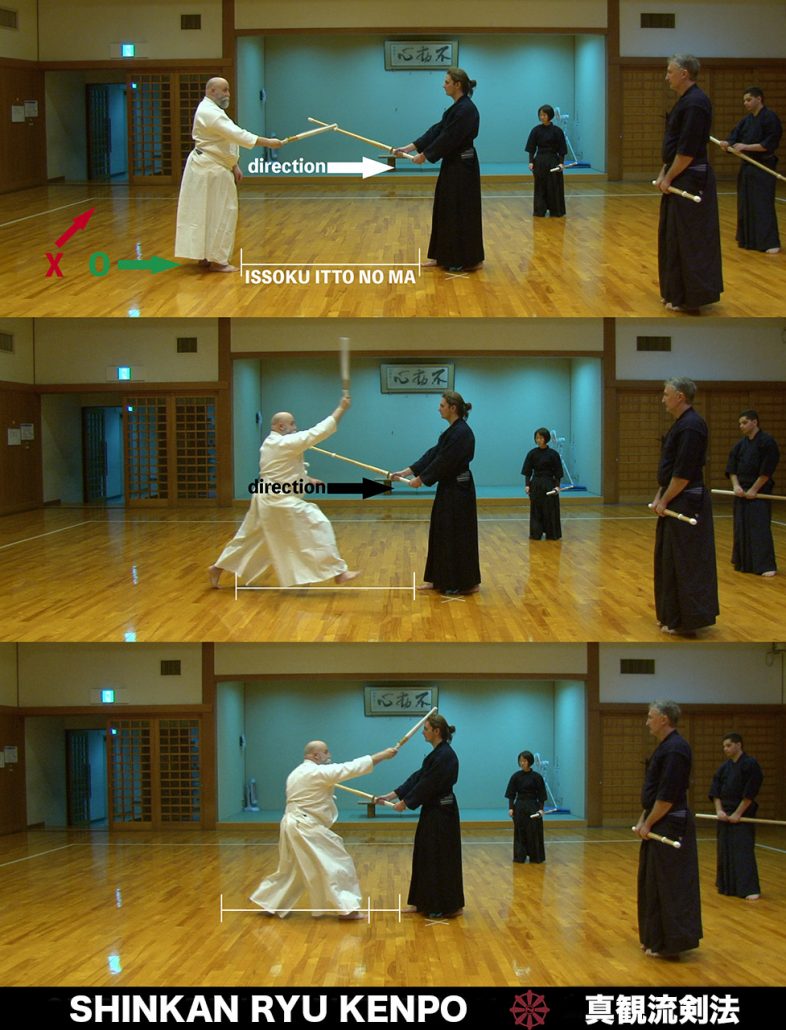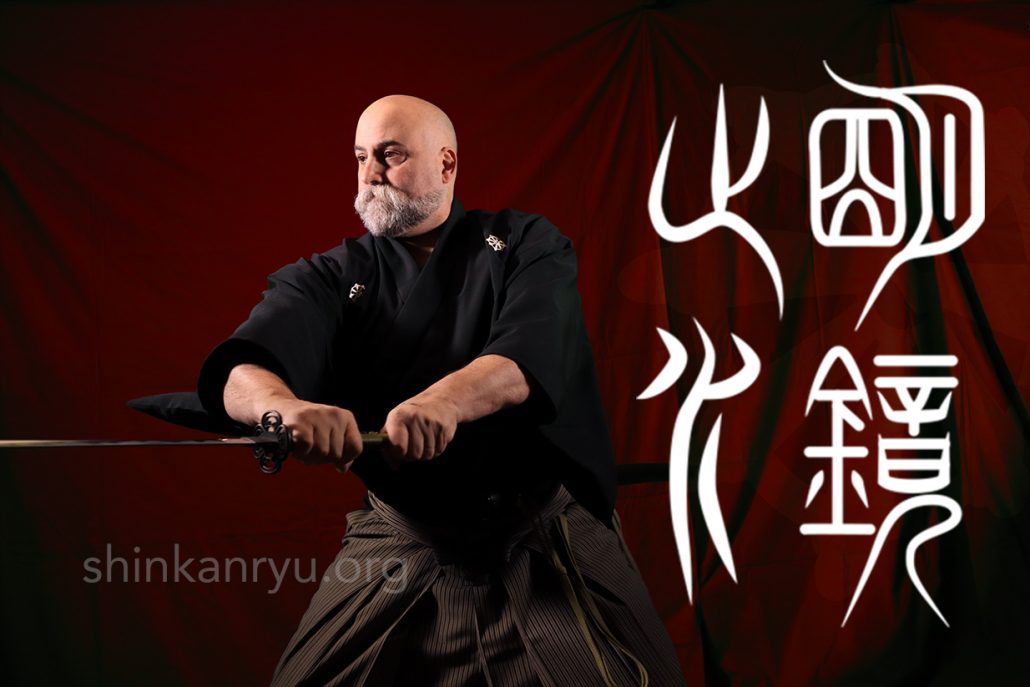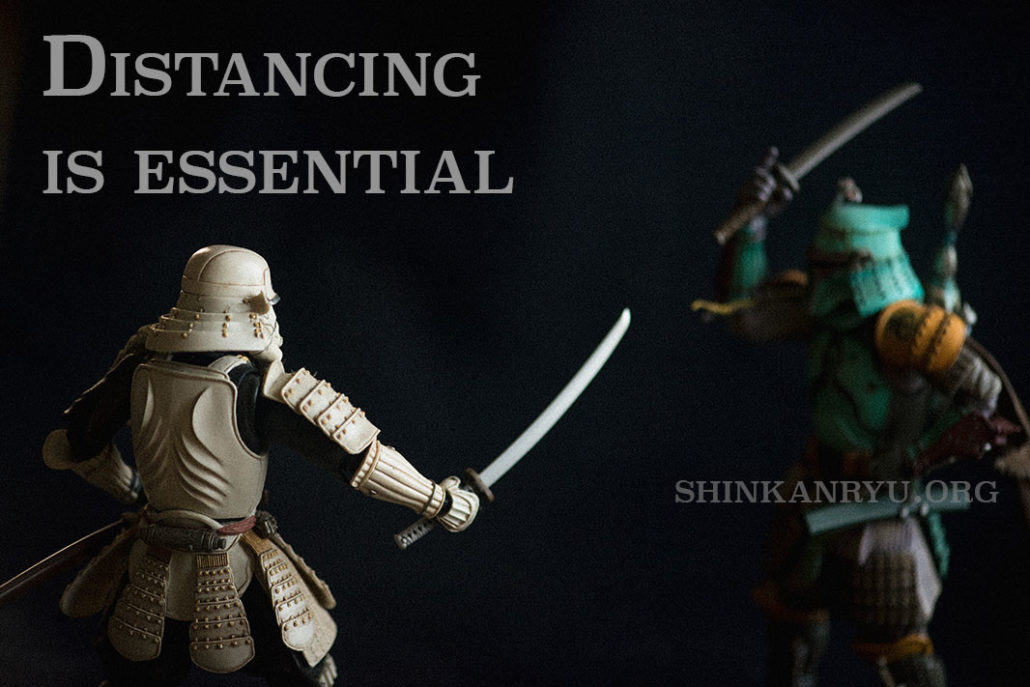I have been saying it's important to get training for using a sharp sword or any dangerous weapon. I and some other people have been talking about this topic. I gave someone prudent advice that one should have proper training before handling a sharp sword and that you can not teach yourself very well about safety. It is also dangerous to say, "well, trial and error is my teacher, and I will learn from my mistakes."
There is a problem with that mindset, I think.
What is surprising is that I was called a stuck up asshole because I have the idea that people should get training to use dangerous weapons. Recently I was blasted with f-bombs as well. To their credit, two of the people unleashing hate towards me have since apologized.
I do not, however, understand the knee jerk reaction and backlash from people that want to use a katana or shinken without any proper training.
The argument I have heard is that you don't need a license to drive a car. As well people have compared it to that even you don't need the training to buy a gun. So how many accidental deaths are there per year from untrained people using guns? There were 495 unintentional firearm deaths in 2016 in the U.S.A.
There is no argument
In my view, there is no argument for the idea of not being properly trained to use dangerous weapons. I, myself, was not someone that bought sharp swords and used them without training. I never bought one until I had quite a few years of proper training and used one under my teacher's supervision.
I would also argue against myself that I probably didn't know as much as I know now. I might have avoided injury just by sheer luck back in the day. I think there exists a base level to training though. We should strive for that before handling dangerous weapons.
The skill is not there, and it shows because they are getting injured over things that basic safety would have taught them to avoid — some of them not even during swinging or cutting but in between. I have seen a lot of safe practices being ignored. Performing cuts on slippery surfaces such as mud or ice and snow. Complete disregard and respect for the weapon as something with a sharp edge have been ignored, but it seems like common sense to me.
The second part of this discussion is the utter reluctance to admittance by the user of their mistakes. When called out on their dangerous acts it is often met with an intense attitude. Especially coming from someone who has much more experience than we do, we should listen. Grown men do not need to be spoon-fed compliments or salutes when they are putting themselves in danger as well as others by using a sharp sword without proper training.
There are communities on Youtube as well that support each other and encourage the use of sharp swords. They refuse to learn to be swordsmen but wish only to play with the sword in its acts of cutting. It is a limited and narrow view of the sword and sword training in my opinion. I do understand it can be fun, but that fun should be tempered with proper training. You do not need to travel to Japan and train for 40 years. Let's be logical about things though; you do need the discipline to learn something properly. Sitting on your couch and saying there is no dojo nearby is basically a cop-out.
Proper training does not need to come from an 8th dan sensei.
But to think you can figure it all out yourself or figure it out from YouTube videos is a mistake. Just because you've never had an injury and never had training does not equate to it being safe. It only equates that the accident hasn't happened yet. I heard a YouTube cutter explain that if he gets injured its just God's will. Of course, proper training in safety wouldn't matter, would it?
We do not need to be trained very profoundly to learn things. We can, of course, learn a few things by ourselves. Autodidactism is ok for chess or sweater knitting etc. etc. The world of martial arts of mental and physical training is much deeper and more complex. Thinking you can figure something out by watching a video or reading a book is the easy path to never really understanding it.
Just having this idea that I don't want training, don't need it. That it's expensive is not a good way to start. It's true some people can not afford training but how hard have you honestly tried to find training?
My feeling is that if you don't want to put the proper time into training then don't take up the hobby of cutting with a sharp weapon. If you positively can't control yourself and must cut things with a sword, it might be best not to promote it publicly on YouTube. We must take responsibility for what we put out there. This is one reason I never give advice or lessons for using sharp swords.
Part of me doesn't understand the desire to play with swords divorced from its martial art. Cutting practice in Japanese swordsmanship is called Tameshigiri, and ts only 5% of swordsmanship. Most classical schools do not engage in it. Historically it was not so pressing. I am also of the idea that if you understand good basics with a sword, you can cut with it quite well. It is a hefty dose of hubris to think you can teach yourself things that took decades for people to learn. Yes, you can teach yourself a little bit, but there is a more substantial part you're not getting. Cutting mats or bottles is only 5% of swordsmanship.
No pun intended I don't understand the draw of it. I don't know why someone wants to cut plastic jugs and bottles every week and ignore the rest of swordsmanship.
Why not learn swordsmanship?
I want you to enjoy your life and hobbies, but I think we have a responsibility to ourselves and the community.
In a video a few years ago someone cut themselves and their mother demanded they stop, but the guy argued that swords are dangerous and of course you're going to get cut, and that's why you have to be careful.
Well yes, he just said it right there, didn't he? That is why you need proper training. Bleeding from your arm while arguing with your mother who is asking you to stop is really a good place to drop the spotlight.
If I had a gun and was at a shooting range and pointed the gun at my leg or foot and was talking to my friend, and happened to shoot myself in the leg is it an accident? Isn't it from improper training? I didn't put my safety on; I didn't holster my weapon. I didn't place it on the table. It wasn't done because I wasn't adequately trained.
If I was trained and i still didn't do it then, it means I am not skilled.
Trained people do have accidents. But have much fewer accidents than those that are not taught. There is no reason to tempt fate. Trained people also exhibit more respect for their weapons. Something that is also missing from many cutting videos I have seen.
The thing about safety is it's very hard to teach yourself safety.
There are so many details that you can't possibly figure it all out. And having the attitude that you will learn from your mistakes is costly. Literally life or death costly.
I don't know why people don't wish to be prudent.
One mistake with a shinken can be your last. It is so easy to make an error. It's so easy to sever arteries and veins. To even get permanent neurological damage can happen from the smallest accidents.
I know a teacher with a lot of skill and happened to cut his thumb while teaching a workshop. That's a trained person being absent-minded. What can an untrained person do? Do you think the potential for injury doesn't go up when that person is absent-minded and lacking proper training?
It's not baseball or soccer. It's swinging a dangerous weapon. The risk is much higher. Why is it so hard to go get training from somebody who knows what they are doing? Just go get training.
Progression. No Short Cuts.

Normal sword education overview;
- Basic movements
- Basic sword mechanics
- Movements combining body and sword (waza-techniques)
- Application of techniques on the partner through kata and sparring
- Application of waza or sword basics through cutting practice (tameshigiri)
There is a three-stage process encompassing all of this; the physical, mental and spiritual.
The endpoint of the arrow, tameshigiri, is not necessary actually. It is odd that someone would want to cut out everything but the very end of the path, and start from the end. There is no progression from that direction. The stream doesn't flow the other way. Just picking one point, is doing just that, doing one point over and over again. It is not proper training.
Safety is learned in each stage that assists in the next stage. The knowledge of technique and posture and safety and protocol build on each other as you get an education in the system.
Cutting things is easy.
There is nothing hard about cutting something with a sword. Even trick cuts are not that hard. It's harder to cut them safely, properly and efficiently.
Mostly I believe there is a problem divorcing the sword from its proper role in martial arts and focusing only on cutting things. There are schools in Japan that focus heavily on cutting, and I also do not feel attracted to such ideas.
The arguments, however, that ensue over someone suggesting to get proper training using a dangerous weapon is just silly. I was told that if someone gets hurts because I don't give them advice then I am responsible for their injuries. That's just nonsense. I am not responsible for not providing advice. Coming across a video someone slamming their sword into batteries or logs and giving advice like don't hit a metal bar with a sword is ok. When you don't have training yourself, and you go into details or promote people copying you, then you're in a slippery area.
It's dangerous to give advice when you have taught yourself. There is a lot of inherent danger in that act as well.
It's great that someone wants to learn, but there is much more to swordsmanship. Why not learn to be a swordsman? Isn't it more exciting than just cutting bottles or mats? There is a deeper world out there.
The danger is the attitude that using dangerous weapons without training is ok. The approach of "what I do in my backyard is my own business" doesn't work when you are putting in up for public consumption on the internet and encouraging others to use dangerous weapons without proper training.
What is wrong with advocating safety and proper training?
Just be safe and practice smartly. If you're using a dangerous weapon, it will behoove you to learn correctly.
Let's do our best to train well and avoid needlessly injuring ourselves in and outside of the martial arts.

ラジカスキー真照
館長Saneteru Radzikowski is the head sword instructor of Shinkan-ryū Kenpō. He lives and teaches Iaijutsu and Kenjutsu from Nara, Japan.
What Does Iaido & Iaijutsu Mean?
Iaijutsu and iaido are components of kenjutsu 剣術, the arts of the sword. Iaijutsu, iaido...
The Martial Arts Heart
Budo values reflection and compassion. When these are not present it is hard to develop...
Budo Thoughts: Practice is life.
Practice is life. Life is practice. Enjoy them together. Enjoying morning keiko outdoors. The smell...
Tachi Iai & Suwari Iai Demonstrations
[fusion_builder_container hundred_percent="no" hundred_percent_height="no" hundred_percent_height_scroll="no" hundred_percent_height_center_content="yes" equal_height_columns="no" menu_anchor="" hide_on_mobile="small-visibility,medium-visibility,large-visibility" status="published" publish_date="" class="" id="" background_color="" background_image="" background_position="center...
Budo Thoughts
There are techniques and scrolls and teachings all over the dojo. What does it matter...
Samurai F.A.Q
Are samurai still trained in Japan? Are there samurai schools? The short answer is, No.Samurai...
Martial Arts Responsibility
As a martial arts instructor, or school, or especially if you’re representing an authentic Japanese...
Practice
The car at the bottom of the hill needs a sustained gas pedal to move...
Japanese Era 710-1868 Part 1 Nara & Heian
Nara period. 710-794 We shall begin with the Nara period. 710-794. Japan had recently changed...
Don’t Fall Into The Honey
You only have a little bit longer to live. The end is coming, whether in...
Advance The Sword And Mind
No matter what, move. Advance. Unceasingly against whatever odds, internal or external, move towards the...
Four Enemies
Four Friends. Four Enemies. One morning while on alms rounds the Buddha gave a heap...
You With Sword In Hand, Calm Yourself
The mental issues involved with subscribing to someone you dislike, hate, have anger towards, desire...
Saya no uchi
I train to strike correctly. I perform keiko to understand the angles of my sword....
7 Year Anniversary of Online and In-person Sword Learning
Today marks a significant milestone in our journey — the 7th Anniversary of Shinkan-ryu Kenpo!...
What does Bugei mean?
Bugei translates as Martial art, Military arts, or Arts of war. Bu 武 means warrior...
Secrets of Swordsmanship: In-yō. Ying & Yang
I wanted to talk about IN-YŌ 陰陽, or more commonly known as yin & yang....
Mastering The Martial Arts and Basics
I will be talking about basics and mastery. Before I begin, I want to say...
Seven Points For Learning Martial Arts
I am often thinking about how to learn bujutsu productively. The efficiency of body and...
Maai Combative Spacing
Maai 間合い Combative spacing or maai is important to investigate early on and come to...
正月 Bujutsu New Years 2019
To all of you that have supported and also those that have caused trouble to...


